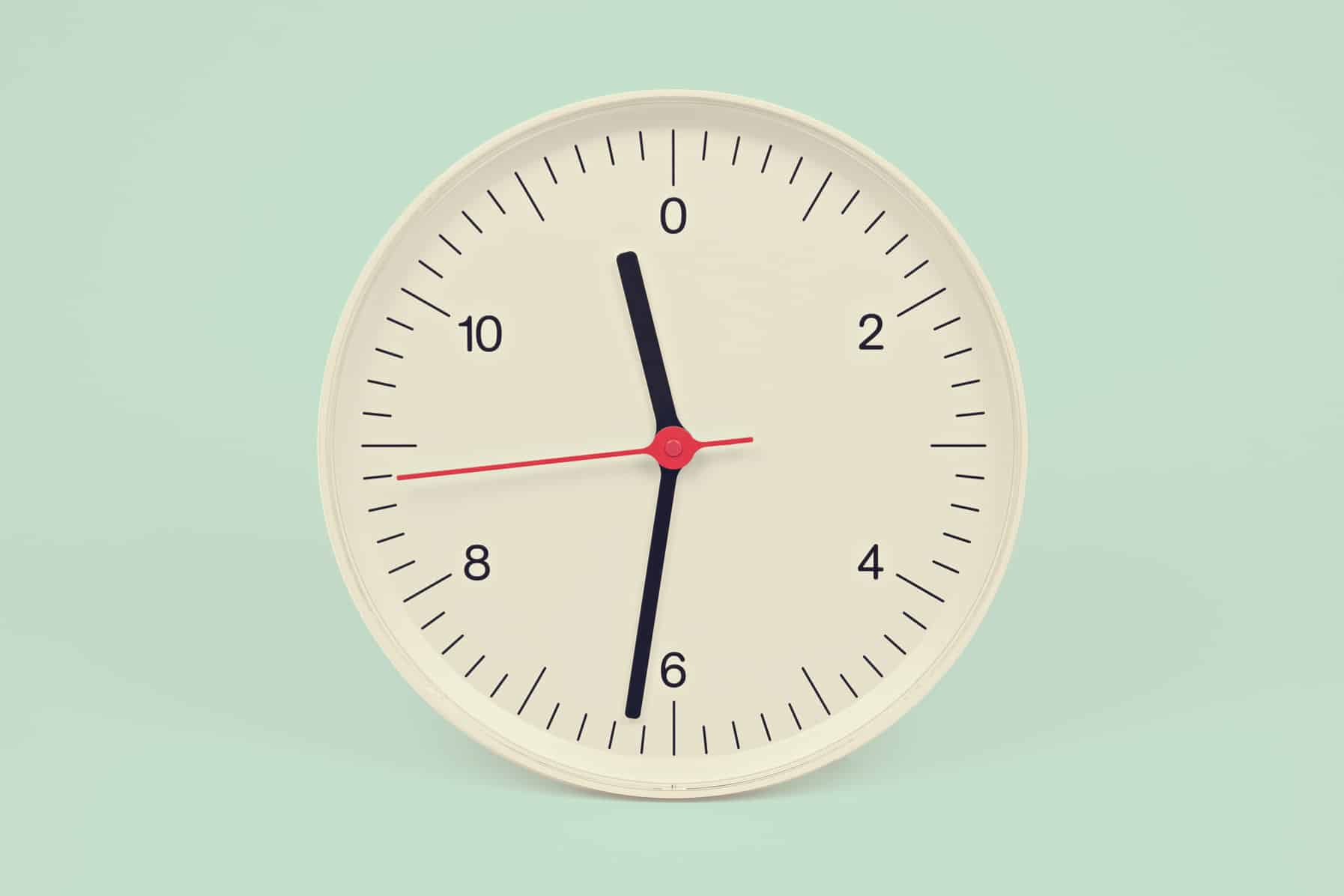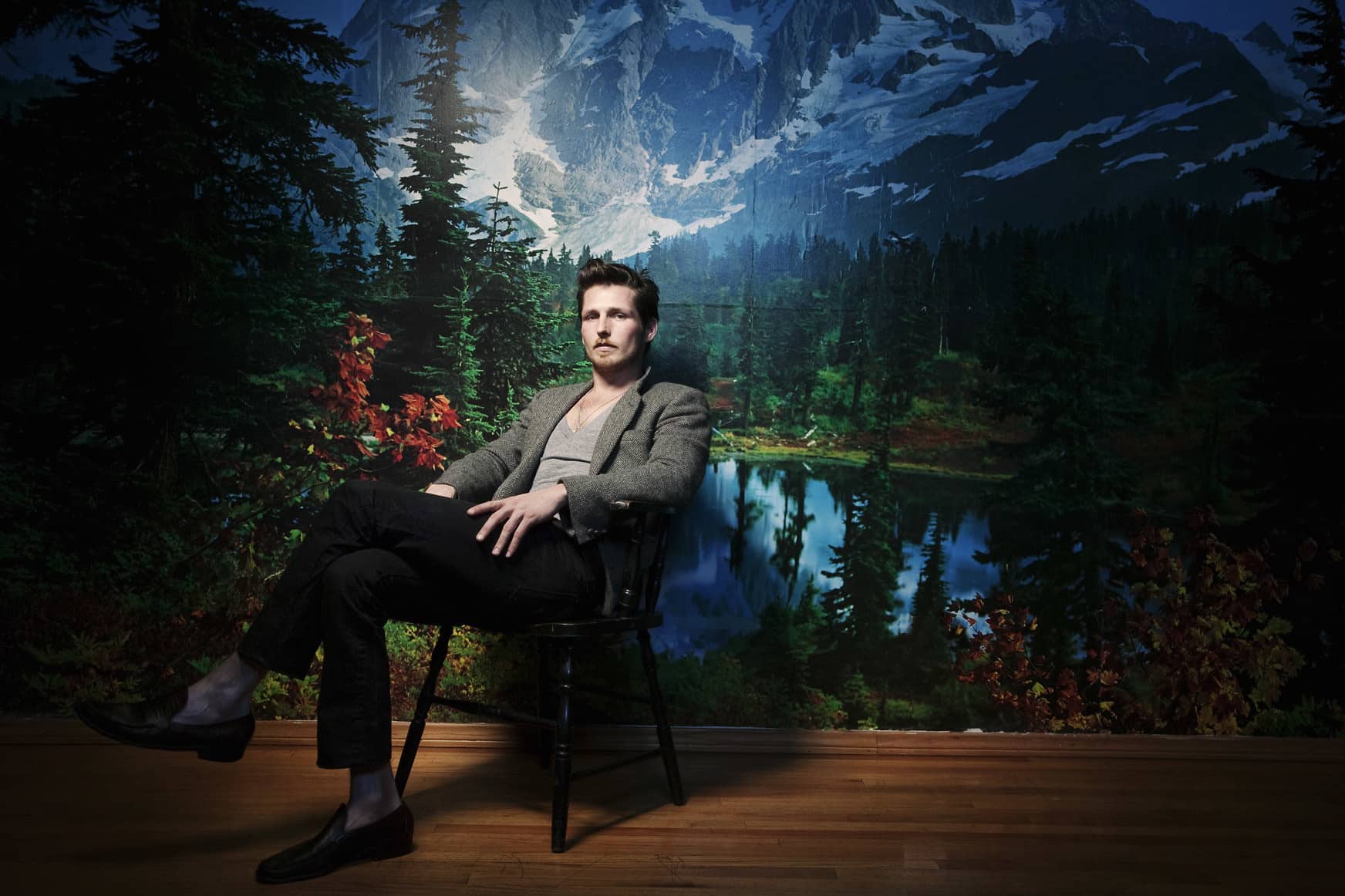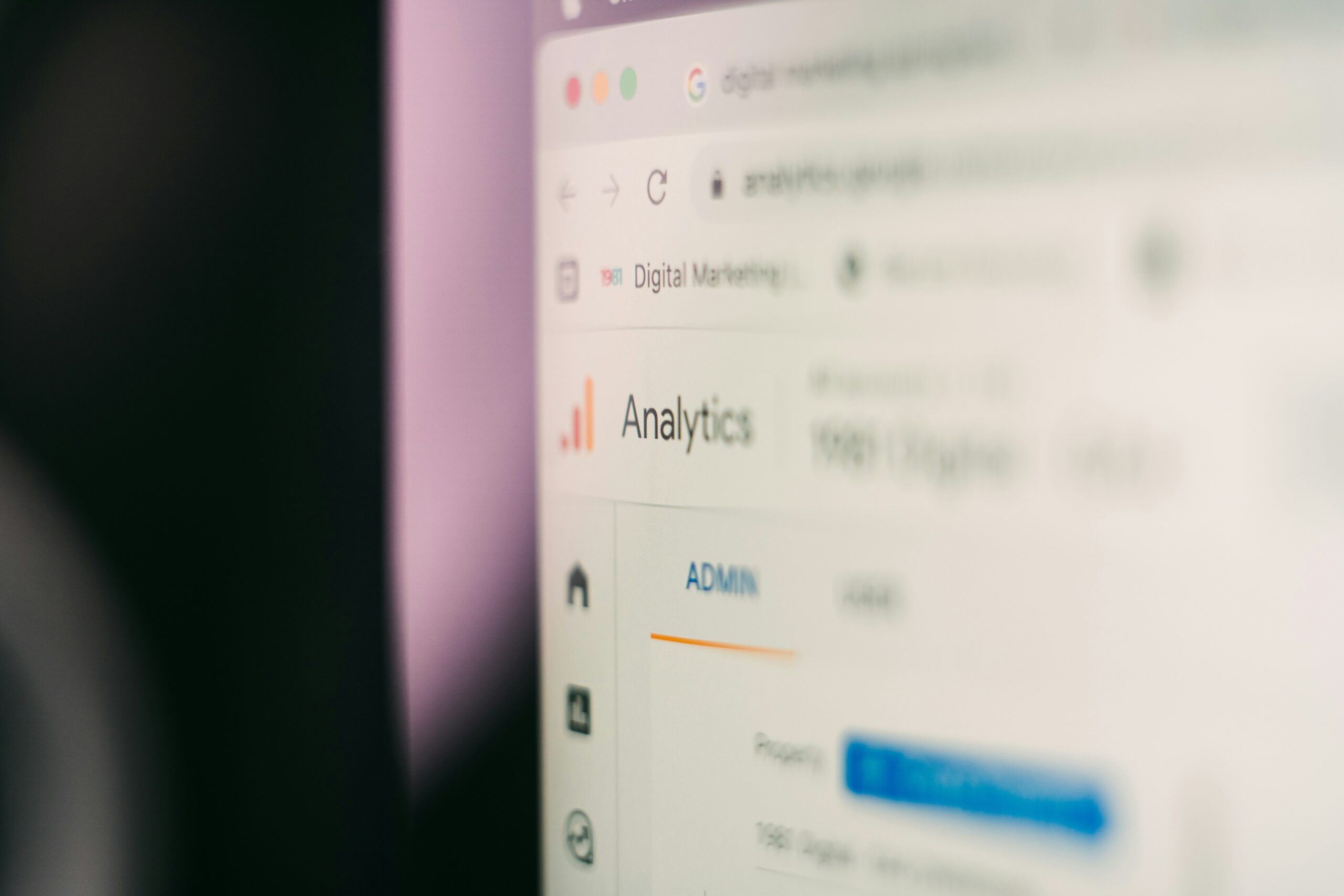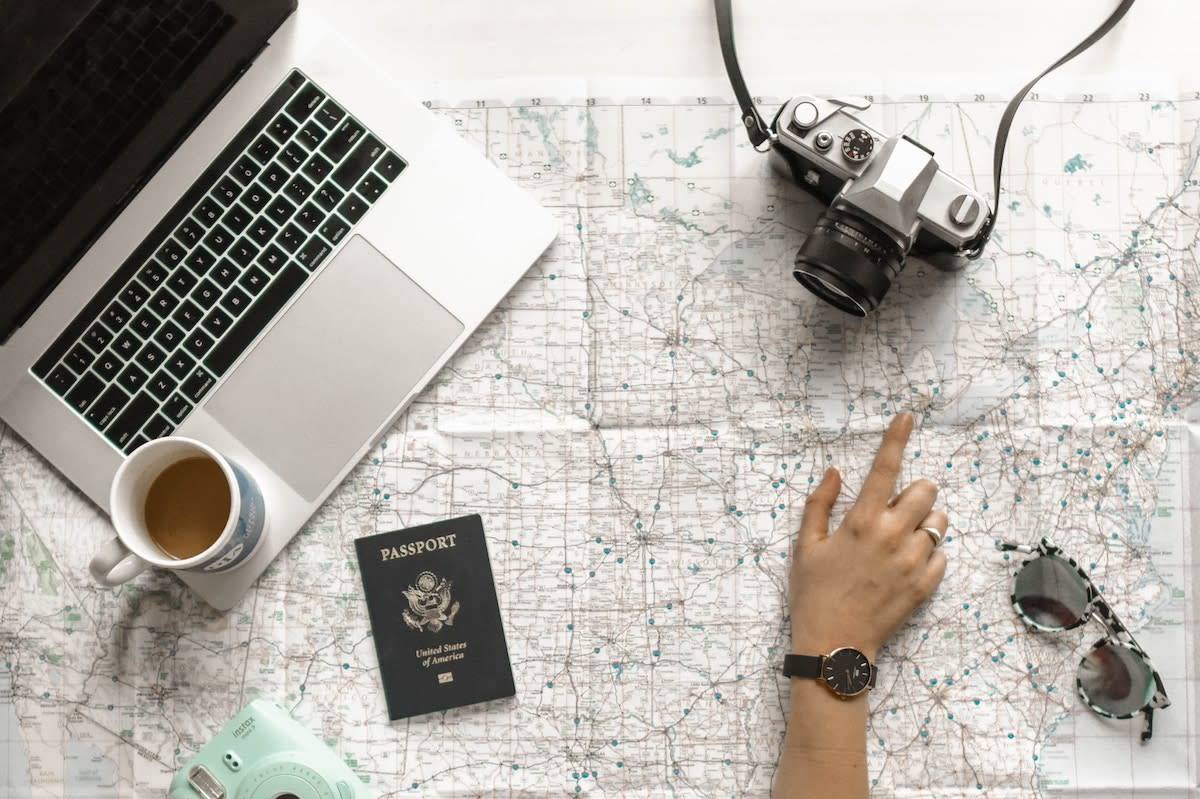Header image by Chris Wartonfor Muji
I’m punctual. Early to meetings, quick on email responses. As a freelance audio producer, it’s a trait that I pride myself on. I’ve imagined that it shows my reliability, organization, and respect for others. Then I read this study suggesting that it might just be a warped perception of time.
As it turns out, my punctuality could be the result of experiencing minutes ticking by faster than a clock. It’s a positive thing when working with other people, but there’s a flip side. Working alone, my speedy brain is easily convinced that there are not enough hours in a day to complete tasks. It can also flair up with the feeling that I’ve sunk too much time into projects.
Once I realized that my internal metronome was off, I compensated by buying the best ergonomic computer mouse to glide across the screen at top speeds. Sadly, it didn’t solve the issue, but it’s still a great mouse. Pondering these issues of freelance work timelines and personal revelations, I wondered what can be held onto, besides my well-designed mouse, as I navigate a fledgling creative career? How do I know that I’m good at what I do and that I should keep doing it?
After three years trundling as a freelancer in a creative field, I discovered some strategies to grasp onto as I bump my down the road, trying to keep it all together. From staving off anxieties of hitting my “big break” to embracing new creative outlets, my modest hope is that something in here will be helpful to other creative professionals who battle the stress, uncertainty and ticking clock of pursuing a path unknown.
1. Putting time in perspective
Getting “a big break” looks different for everyone. What all creatives do have in common is that it is impossible to know when, or if, it will happen. Turns out this is very stressful for humans because the more time we invest towards an unpredictable reward, the more uncertain we feel that we’ll ever reach it.
For me, this can mean feeling more hopeless with every hour I invest in a project that has yet to see success. When I’m feeling this, I try to step back, recognize it hasn’t been much time in the pie chart of my life and regard my helpful mug which reads, “Calm the hell down.”
2. Setting goals within your control
Speaking of unpredictability, here’s what didn’t work for me: setting goals for which I couldn’t control the outcome. Early on, I made what I thought was an unambitious goal of publishing one story on both CBC and NPR over the span of a year. Seems reasonable? Well, I failed at both and was very embarrassed.
For a long time these failures overshadowed my other successes and damaged my confidence. Now when I make goals it’s for tasks entirely in my control (e.g. writing a little bit every day, sending a certain amount of pitches, learning to correctly pronounce “archipelago” etc).
3. Coping with professional envy
This was a huge problem. People I identified as starting at the same time as me appeared to be landing impressive gigs, gaining important mentors (more on that below) and basically winning. And if they are winning I must be losing. Then I heard the host of this podcast describe his idea for the opposite of envy. I was thinking something like “confidence” or “support” but he described the opposite of envy as connection. Something about that clicked for me. When I turn my green-eyed laser focus at someone else, I wipe away their humanity and assume I know their struggles (or lack thereof).
Ironically I was attracted to a career in audio story-making for its empathy powers. I’m the kind of person that highlights this quote in Atonement by Ian McEwan after proclaiming YES out loud: “It wasn’t only wickedness and scheming that made people unhappy, it was confusion and misunderstanding; above all, it was a failure to grasp the simple truth that other people are as real as you. And only in a story could you enter these different minds and show how they had an equal value. That was the only moral a story need have.”
When I lose this “other people are as real as you” loving feeling, I know that suppression or distraction won’t solve it. So, I entertain the envy demon for a little bit via rant to some trusted friend (fortunately most of my friends have little patience for my self-indulgence) then work on that connection part.
For me connection is always telling other artists when I like their work, allowing pride for my favourite pieces, and being active in my friendships.
4. Sharing your resources
It’s important to note that a small part of this envy was rooted in something real—noticing which populations have doors opened for them.
My industry, like a lot of others, has a disproportionate amount of heterosexual, educated, white men at the top. Let’s be real, I still get angry about this. But when my initial cloud of self-righteousness dissipated and my fog of privilege cleared and the precipitation of—just kidding, metaphor is over—the point is, I had an awakening which forced me to recognize that I have a hell of a lot of access and resources myself.
After a year of complaining I decided to stop contributing to the problem and share what I have with folks on the margins. For me this has meant teaching low/no-cost workshops, sharing skills and being down to keep working at changing a status quo that shuts people out.
5. Coping without a mentor
Despite looking, I’ve never found a formal mentor and I don’t know if I ever will. Heaven knows I could use one. It’s been slow learning for me because I mostly teach myself (thank you internet). But, it’s not just the learning and access that mentors help with—it’s validation.
Much of the time I feel as talentless as a doggie poop bag with holes in it. The only reason I don’t fully collapse into a vacuum of my own self-loathing is due to a small group of friends and professional acquaintances that give patient feedback on my work.
This process started with finding just one person who took my work seriously and repaying them with the same care and attention.
6. Split your ego
About a year ago, I started writing more seriously and didn’t anticipate how helpful pursuing two creative mediums would be to my sanity. Writing has its own crippling uncertainties but at least my ego is split and it feels less devastating when I fail in one arena.
I also volunteer at the library. This makes me feel good.
I’m sure I still have feverish late night career-change Googling in my future. Maybe I should be an arborist, catfish farmer, bricklayer, tea sommelier, electrician, grave digger, stenographer, night zoo attendant. But, for now, I’ll keep trundling away because it hasn’t been that long after all.
Ellie Gordon-Moershel is an independent audio producer. Find out more about her work on her portfolio.














